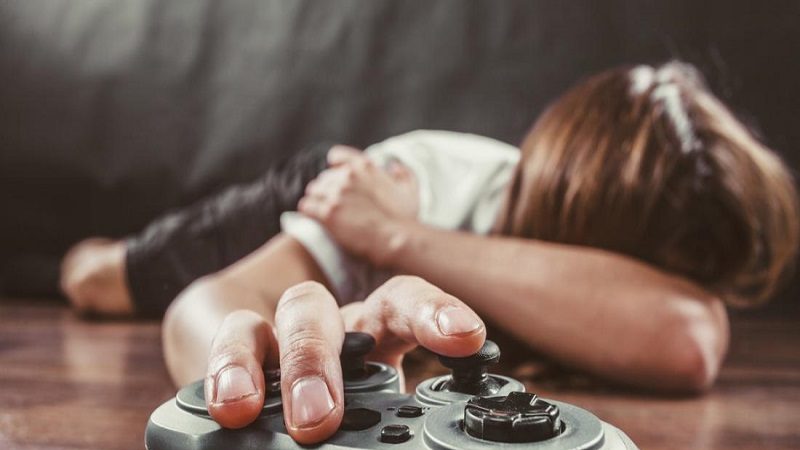The news that gaming addiction is to be listed as a mental health condition by the World Health Organisation (WHO) was met with consternation on the internet.
In its 11th International Classification of Diseases (ICD), WHO will for the first time include the condition “gaming disorder”.
Studies suggest that gaming disorder affects only a small proportion of people who engage in digital – or video – gaming activities but many gamers dismissed the reports and questioned the validity of the WHO’s decision.
The draft document describes addiction as a pattern of persistent or recurrent gaming behaviour so severe that it takes “precedence over other life interests”.
The report points out that people who participate in gaming should be alert to the amount of time they spend on gaming activities, particularly when it is to the exclusion of other daily activities, as well as to any changes in their physical or psychological health and social functioning that could be attributed to their pattern of gaming behaviour.
People addicted to gaming often avoid sleeping or eating proper meals in order to continue playing. While short-term effects may include hunger and fatigue, it could eventually lead to a sleep disorder or diet-related health issues.
Likewise, people who isolate themselves from others in order to play video games cut down on personal relationships and may miss out on family events, outings with friends, or other events in the short-term. On the longer-term, addicts might find themselves without friends.
Other long-term effects of gaming addiction include financial, academic and occupational problems.
Some countries had already identified gaming as a major public health issue and in a number of countries private addiction clinics have been opened to “treat” the condition.
According to a study conducted by research group gamED at the University of Malta, 74% of Maltese people aged between 3 and 55 play digital or video games. Of these 53% play every day and 20% play for more than an hour.
A separate study by the National Centre for Freedom from Addictions within the President’s Foundation for the Well-being of Society found that frequent online and video game users said they preferred gaming to traditional human contact. Problematic users made up 5.2 per cent of the sample.
Problematic users complained of forgetfulness and lack of sleep in relation to their use of internet for entertainment purposes and also declared experiences of withdrawal, pre-occupation and loss of control.
What is gaming disorder?
Gaming disorder is defined in the draft 11th Revision of the International Classification of Diseases (ICD-11) as a pattern of gaming behavior (“digital-gaming” or “video-gaming”) characterised by impaired control over gaming, increasing priority given to gaming over other activities to the extent that gaming takes precedence over other interests and daily activities, and continuation or escalation of gaming despite the occurrence of negative consequences.
What are the symptoms?
- restlessness and/or irritability when unable to play
- isolation from others in order to spend more time gaming
- fatigue
- migraines due to intense concentration or eye strain
- carpal tunnel syndrome caused by the overuse of a controller or computer mouse












